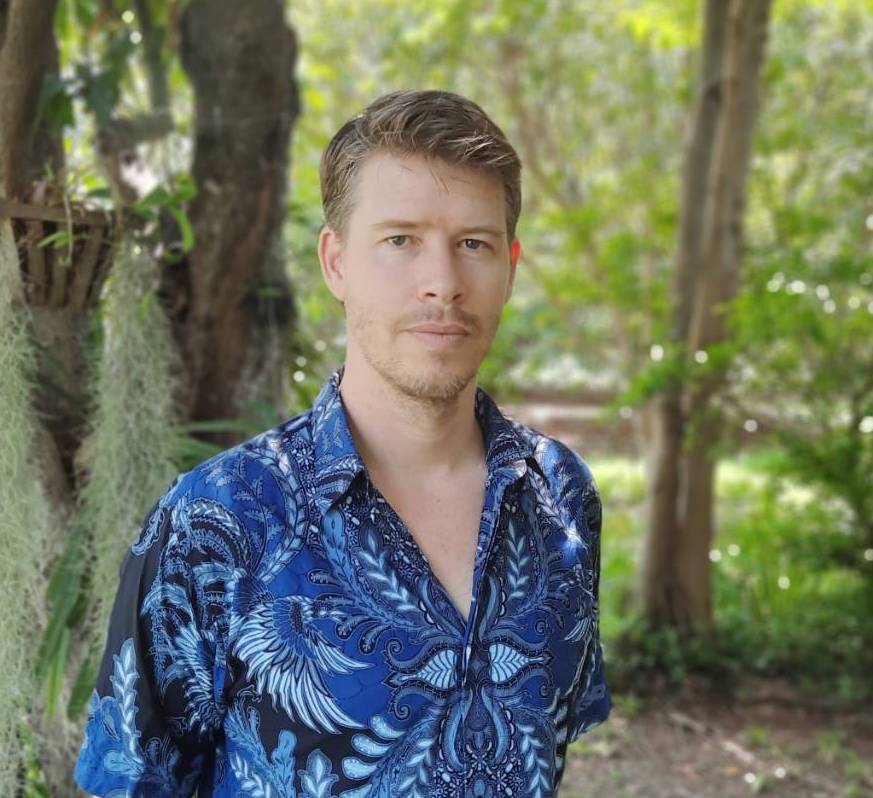Introduction To Thailand: Come With Nothing
Welcome to one of our most intense service programs in Southeast Asia! The program name is not a joke. You can only pack one light bag, including just one change of clothes, a few pairs of underwear, your necessary hygiene items and medicines, and no more than five things you feel might be important during your program. These might include a camera, a notebook, a tape recorder, or a book – it’s up to you. Just leave everything else at home. When you get to Thailand, you’ll be given a locally made backpack and $50 to buy clothing for the next three weeks. You’ll be surprised how far this money goes at the local market. You may also be surprised that many families in villages around the world live on less than $50 per month.
Travel With Friends, Not Things
Rustic Pathways has friends in these villages, so you won’t be a stranger. We have long-standing partnerships with these communities, and you will be welcomed like family. They have opened their homes for you to visist and learn about their culture, and invited you to work together with other locals on meaningful service projects. They are all waiting for you to arrive.
Live Like a Villager
You will visit three villages, for about 4 days each. You’ll meet with local NGOs, village leaders, and respected elders along the way to give you insight into the needs of the area. Build lifelong friendships in the villages where you work, and develop skills that will help you organize service projects back at home.
Discover what it is like to live in a small village far away from the influences of modern society. Your leaders will arrange clean food and water, but expect living conditions to be very rustic and humble. People here don’t have many things, and students find their sincere approach to life refreshing, and love to spend time with these close-knit families. After just a few days, you will find that you have left behind the world you know. You will soon begin to groove to an entirely different beat here in the mountains of Southeast Asia.
Go Home Rich!
This trip has a way of leaving lasting impressions and positive memories with students and villagers alike. You will likely go home inspired, with a desire to continue service long after you have left this program. The villagers will also be left with wonderful memories, and they will be grateful for all of the hard work and dedication you have put into these projects.
You’ll return home much richer than you arrived – and if you’ve used your heart and your head well, you will have given something substantial to three villages. You will not only go home a richer person in friendships and experience, but by doing your small part you will have made this world a better place. You’ll never forget this experience.
Are You Up For the Challenge?
Come With Nothing: The Rustic Expedition is an intense experience that involves a lot of hard work. Generally, students who are not prepared for the rustic conditions on this program have some difficulty adjusting.
Despite being different from what you are used to, living standards in remote Thai villages are quite clean, and staff will make sure you are well informed in each village you visit. While the rustic conditions may require some adjustment, the vast majority of our students really enjoy the opportunity to live like local people in three different locations.
However, you can and should expect your comfort levels to be tested throughout the trip. We are not trying to scare you away, but the success of this program depends on having participants who are ready for this kind of experience. If you are expecting a comfortable, relaxing, five-star holiday, you will be in for quite a surprise when you arrive. Here is what you can expect:
- Mornings come early in rural Thailand, and you must wake up early. We’ll be getting ready for the day as soon as the first roosters crow.
- Personal space is very limited in many of the hill tribe villages that we visit.
- You will find yourself in places that do not have Western-style toilets or showers for extended periods of time. You will learn to use the same facilities the villagers use – you’ll be using a “squat” toilet and showering with a bucket.
- You will always be well fed, but picky eaters will not always have a lot of options to choose from. Students who do not eat the local cuisine (which is generally pretty simple and tasty) can expect instant noodles, eggs, peanut butter sandwiches, rice, rice soup, and fruit.
- You will be out of cell phone and internet range for the majority of this program, and electricity may even be limited, as generators shut off in most rural villages at about 9:00 PM.
If you are up for an adventure and seeking a dramatically different service experience that will fully immerse you in fascinating cultures and places, Come With Nothing: The Rustic Expedition is the program for you!












